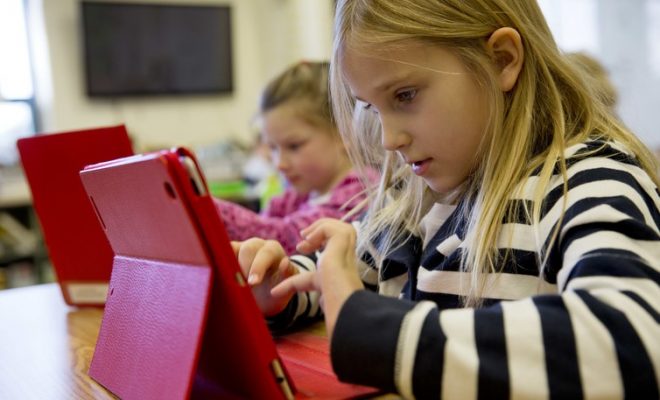Edtech Innovators, Projects and Apps to Know

Every year technology introduces the hottest trends in education, and educators are never disappointed with possibilities for student learning.
While most people anticipate the ways in which augmented and virtual reality will change the education landscape, edtech entrepreneurs suggest that’s only part of what teachers can expect in the way of innovation.
The innovators
Education thrives on innovation, and edtech entrepreneurs are at the forefront of initiatives that improve learning. These innovations are transforming schools in countries around the world by putting learning experiences in the hands of those who need them the most – students and their teachers.
These are some of the innovators to watch in 2019:
MindSpark
Learning math is a lot like learning anything else requiring repetition and practice. When students can work at their own pace in with individualized lessons, they are more likely to be successful in understanding new concepts in math. MindSpark, developed by Educational Initiatives founder Sridhar Rajagopalan, is that tool. Its adaptive technology keeps students engaged and on track with learning and practice.
Rajagopalan has become a prominent figure in improving how learning outcomes are measured.
KALite
For everyone who loves Khan Academy but dislikes its connection to the online community, there’s KALite, the offline version. Conceived by Jamie Alexandre, a former Khan Academy intern, KALite launched seven years ago but is still growing in popularity because learners with no Internet connectivity can still access the free information.
Alexandre has managed to provide equity in information access. Currently KALite is used in several hundred countries by learners in a variety of educational settings, including rural sites and prisons. Alexandre is taking the concept a step further by bridging those with connectivity and those without through a new program called Kolibri.
International access
Edtech innovators like Alexandre continue to lessen the learning gap between developed and underdeveloped countries.
Much of the focus has been placed on Africa, where students are learning literacy and numeracy skills with onebillion, a program that helps young students learn communication and math concepts. Apps like Worldreader and Rumie get kids reading, and the tools are not Internet-dependent. Learners in any under-developed country or rural area can access them.
Life-long learners can continue their studies, too. For advanced studies, there’s University of the People, an online school offering undergraduate and graduate degrees.
Apps you can use now
If you’re ready to innovate in the classroom, you have plenty of creative edtech options for your students.
Some of the apps are tools designed to engage students and allow them to take ownership of their learning, and others stoke the imagination and push creative play.
Edtech innovation allow teachers, student, and their parents to be involved more deeply in the learning process. Teachers have an instructional assistant in the classroom that can interpret achievement and adapt to learning failure or success. Students have a tool that meets their needs when they are ready. Parents can monitor progress just as easily as teachers.
Innovative interactions create a better learning experience.





